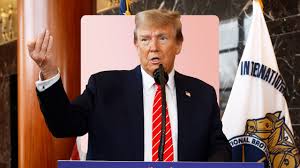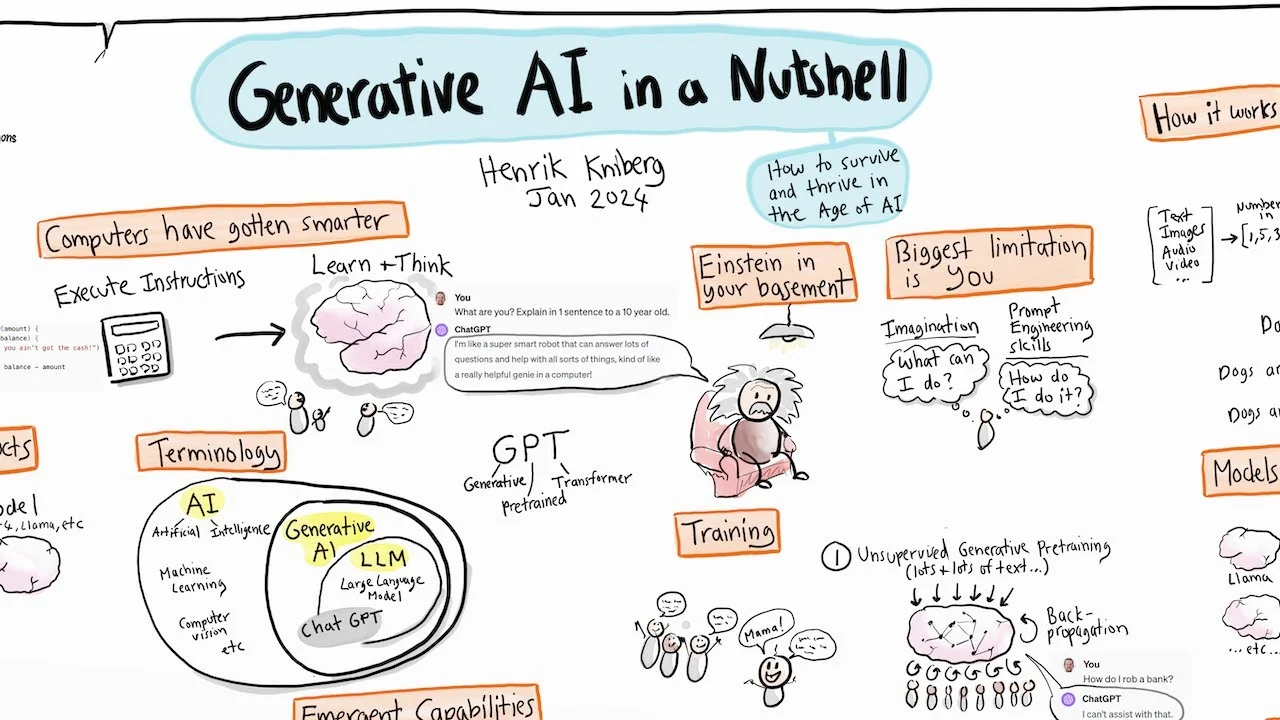
Trump Administration’s The United States has long been a land of opportunity, attracting millions of immigrants in search of a better life. However, during the Trump administration, a hardline stance on immigration drastically shifted the country’s approach to foreign nationals, particularly illegal immigrants. To curb illegal immigration, the administration implemented a series of aggressive policies that drastically impacted both the immigrant population and the U.S. economy. This crackdown has led to significant economic fallout and generated intense political backlash, further complicating the nation’s already heated debate on immigration policy.
In this blog, we will explore the economic implications of the Trump administration’s immigration policy, its impact on undocumented immigrants, and the broader political implications. We’ll also address some frequently asked questions to clarify common concerns regarding illegal immigrants and immigration news.
Overview of the Immigration Crackdown
Trump Administration’s policies were centered around two main objectives: securing the U.S. borders and reducing the number of illegal immigrants in the country. The introduction of measures such as increased deportations, stricter border enforcement, and the controversial “zero tolerance” policy marked a dramatic shift from previous administrations.
One of the most significant components of the Trump administration’s immigration policies was the ramping up of operations by U.S. Immigration and Customs Enforcement (ICE). The agency’s increased enforcement actions led to the arrest and deportation of thousands of illegal immigrants, often with little regard for family separation or due process. The political and economic effects of these measures have been far-reaching and continue to reverberate through American society.
The administration’s focus on restricting illegal immigrants and creating a “merit-based” immigration system was a key campaign promise. However, these policies have faced criticism for their humanitarian impact, leading to questions about the balance between national security and compassion.
The Economic Fallout of the Immigration Crackdown
Trump Administration’s has had significant economic consequences, particularly in industries that rely heavily on immigrant labor. Many undocumented immigrants work in sectors such as agriculture, construction, hospitality, and food service, where labor shortages are now increasingly common due to stringent enforcement measures. The immigration restrictions have led to an exodus of workers, leaving employers scrambling to fill positions, which has resulted in delays, rising costs, and, in some cases, business closures.
Labor Shortages and Economic Strain
One of the most visible effects of the Trump administration’s policies has been labor shortages. In industries such as agriculture, immigrants—many of whom are undocumented immigrants—play a crucial role in ensuring the productivity of farms and food supply chains. With the increase in deportations and the tightening of immigration laws, farms across the country have reported significant drops in labor availability. Crops have been left to rot in the fields due to a shortage of workers, which is driving up food prices.
The construction industry has also been significantly impacted, with immigrant workers constituting a large portion of the workforce in many U.S. cities. The reduction in available labor has led to delays in building projects, further driving up costs in an already booming housing market.
Beyond these sectors, the broader U.S. economy has also suffered from reduced consumer spending. Undocumented immigrants often contribute to local economies through expenditures for housing, goods, and services. As these individuals are deported or forced into the shadows to avoid detection, local businesses that rely on their patronage are also feeling the pinch.
Impact on Tax Revenue
Another critical aspect of the immigration debate is the role of undocumented immigrants in the economy. Contrary to some misconceptions, undocumented immigrants do pay taxes, albeit in ways that are often invisible. Many pay sales taxes, property taxes, and income taxes. However, due to their undocumented status, they typically don’t receive the same benefits as legal residents or citizens.
The Trump administration’s immigration crackdown has led to fewer undocumented immigrants paying into the tax system. This has resulted in a reduction in overall tax revenue, which, in turn, impacts public services and infrastructure that rely on these funds. Despite the loss of these contributions, the administration’s stance on immigration often emphasizes the need to prioritize American workers, which is seen as a long-term investment in the nation’s economic health.
Political Backlash and Public Opinion
Politically, the Trump administration’s immigration policies have sparked a nationwide debate, with significant backlash from immigrant advocacy groups, human rights organizations, and even members of the political establishment. The aggressive enforcement measures have led to concerns over human rights violations, with critics arguing that separating families and detaining individuals without due process is not only inhumane but also counterproductive to the nation’s values.
Divisions Among Political Leaders
While the administration’s policies have enjoyed support from conservative factions, particularly those who favor stricter border control, the crackdown has alienated many moderates and liberals who view the measures as cruel and unjust. The debate over immigration has become one of the most polarizing issues in American politics, with each side accusing the other of failing to protect the nation’s best interests.
This divide has had significant implications for political campaigns, with candidates on both sides of the aisle using the immigration issue as a rallying cry. On one hand, advocates for stricter border policies argue that illegal immigration undermines national security and threatens jobs for American citizens. On the other hand, opponents of the policies point to the economic contributions of immigrants and argue that the Trump administration’s actions have unnecessarily demonized a group of people who contribute to society in various ways.
Benefits of Stricter Immigration Policies (Supporters’ Viewpoint)
Supporters of the Trump administration’s immigration policies argue that illegal immigration has long been a drain on the U.S. economy and a threat to national security. They believe that strict measures are necessary to restore order and protect American citizens.
By cracking down on illegal immigrants, the administration claims that American jobs will be preserved, as employers will be forced to hire legal workers. Additionally, supporters argue that the move will help reduce crime rates and create a more controlled and predictable immigration system. The hope is that by limiting illegal immigration, the U.S. can prioritize skilled workers who will make positive contributions to the economy.
FAQs Section
1. How many illegal immigrants are in the U.S.?
Estimates suggest that approximately 11 million illegal immigrants live in the United States, although the exact number is difficult to determine due to the undocumented nature of these individuals.
2. Can illegal immigrants vote?
No, illegal immigrants cannot vote in federal elections. Voting in federal elections is restricted to U.S. citizens; however, some states may permit immigrants to vote in local elections under specific conditions.
3. How many undocumented immigrants are in the U.S.?
The number of undocumented immigrants in the U.S. is estimated to be around 11 million. This includes individuals who have overstayed visas and those who entered the country without inspection.
4. Do undocumented immigrants pay taxes?
Yes, undocumented immigrants contribute to the U.S. economy by paying various types of taxes, including sales tax, property tax, and, in many cases, income taxes, often through the use of an Individual Taxpayer Identification Number (ITIN).
Final Thoughts
The Trump administration’s immigration crackdown has had far-reaching effects on both the U.S. economy and the broader political landscape. While the policies were intended to address concerns about illegal immigrants and secure the nation’s borders, they have led to labor shortages, economic disruption, and significant political division. The long-term effects of these policies remain uncertain, but what is clear is that immigration continues to be a deeply polarizing issue that will shape future political and economic discourse.


















